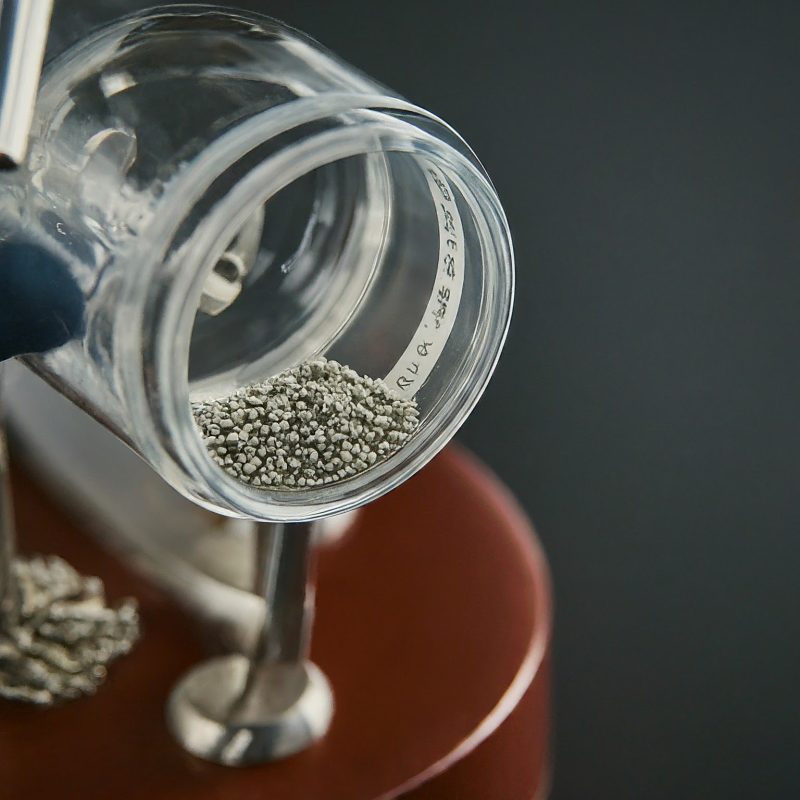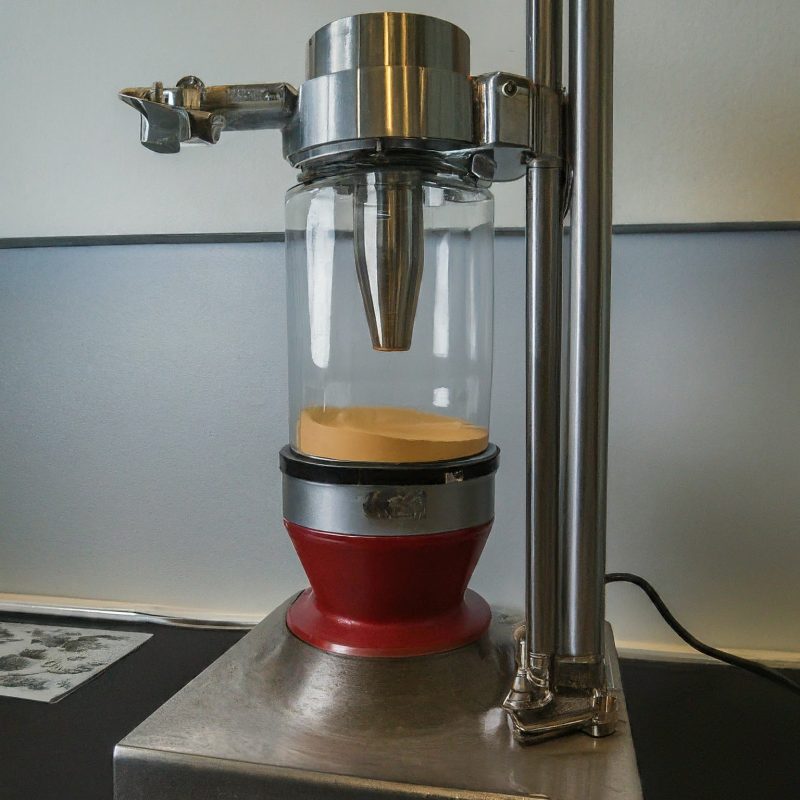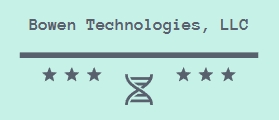Navigating the Canadian Market: Sourcing Laboratory Ball Mills
Canada, a nation renowned for its industrial prowess and scientific innovation, offers a sophisticated marketplace for specialized equipment such as laboratory ball mills. This article delves into the complexities of the Canadian market, focusing on key factors to consider when making a purchase.
Understanding the Canadian Market: A Blend of Innovation and Efficiency

The Canadian market for laboratory ball mills is characterized by:
Domestic Manufacturers: A robust domestic industry offering high-quality, technologically advanced ball mills.
International Imports: Access to global leaders in ball mill technology, providing a wider range of options.
Local Distributors: Established distribution channels providing sales, installation, and after-sales support.Defining Requirements: A Clear Blueprint
Before embarking on the procurement process, clearly define specific needs:
Chamber Size: The mill must accommodate the desired sample volume.
Grinding Media: The type and size of grinding media required for the application.
Speed and Torque: The necessary speed and torque for efficient grinding.
Material Compatibility: The ball mill materials must be compatible with the processed substances.
Safety Features: Emergency stops, interlocks, and protective enclosures are essential.
Additional Features: Optional features like cooling systems, vacuum capabilities, or inert atmosphere control.
Sourcing Laboratory Ball Mills in Canada
Several avenues can be explored:
Domestic Manufacturers: Research Canadian manufacturers offering laboratory ball mills.
International Suppliers: Identify global leaders with a presence in Canada or offering shipping services.
Local Distributors: Explore distributors specializing in laboratory equipment.
Online Marketplaces: Utilize online platforms but exercise caution regarding product quality.Evaluation Criteria: Ensuring Quality and Performance
Evaluate potential suppliers based on:
Product Quality: Assess materials, manufacturing processes, and quality control.
Technical Specifications: Verify if the ball mill meets required performance parameters.
After-Sales Support: Evaluate availability of technical support, spare parts, and maintenance services.
Compliance and Certifications: Ensure adherence to safety and quality standards.
Cost-Benefit Analysis: Compare initial investment, operating costs, and long-term value.The Canadian Advantage: Quality and Reliability
Canada’s reputation for engineering excellence is reflected in the quality of its laboratory equipment. Expect:
Robust Construction: Designed to withstand rigorous use.
Advanced Technology: Incorporation of modern features for optimal performance.
Emphasis on Safety: Strong adherence to safety standards.
Excellent After-Sales Support: Comprehensive service and maintenance options.Conclusion: A Strategic Approach
Procuring a laboratory ball mill in Canada offers access to a robust market with a strong emphasis on quality and performance. By carefully considering the factors outlined above, laboratories and industries can acquire equipment that meets their specific needs. Building strong relationships with suppliers is crucial for long-term success.
Would you like to delve deeper into specific applications of laboratory ball mills or explore the challenges associated with operating these systems in Canadian conditions?
